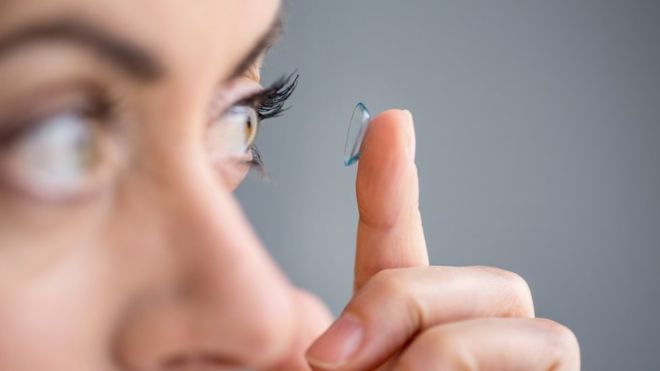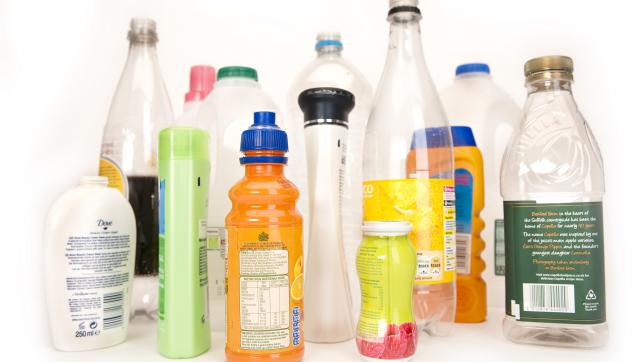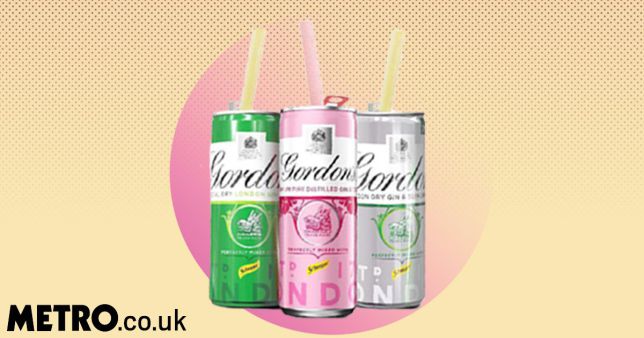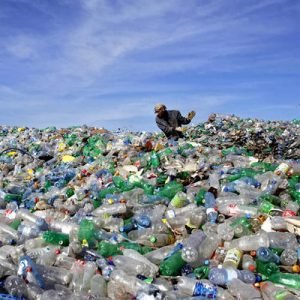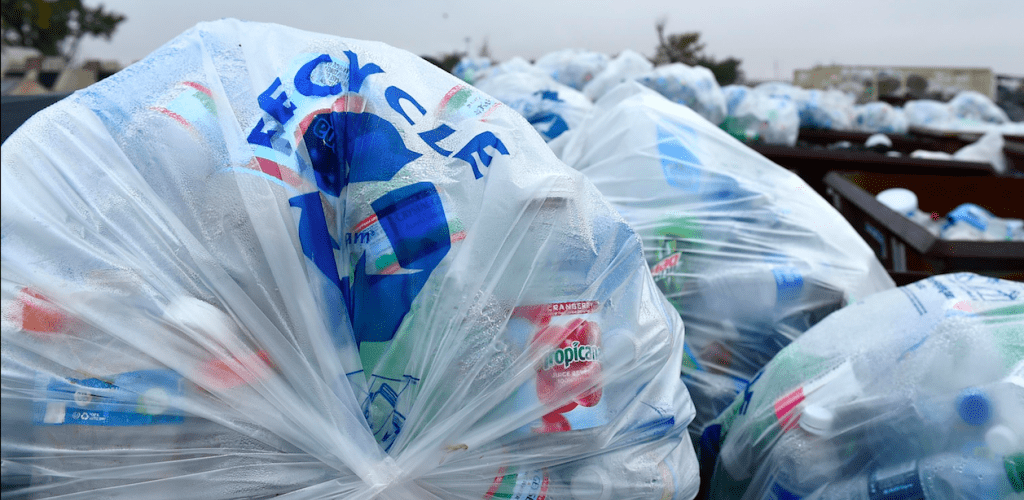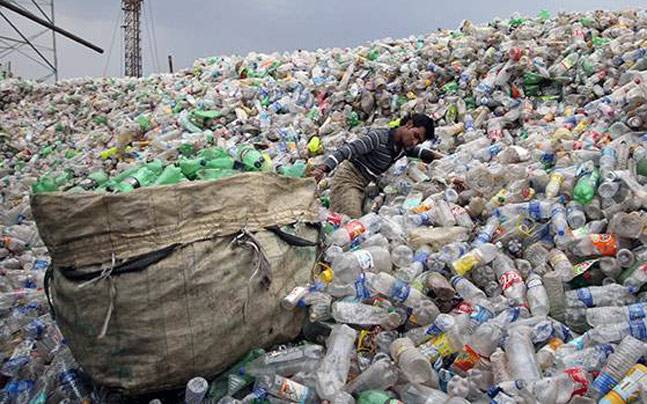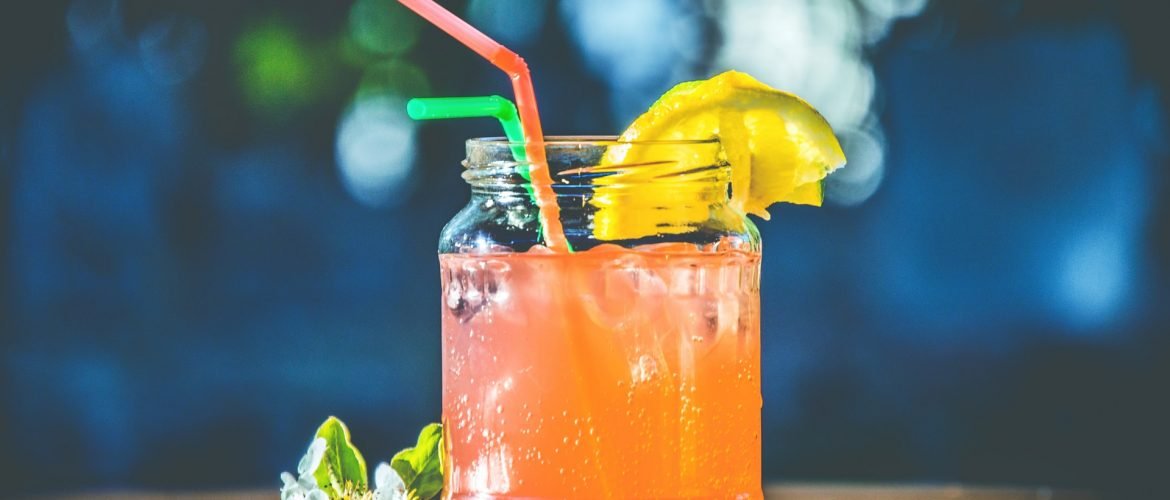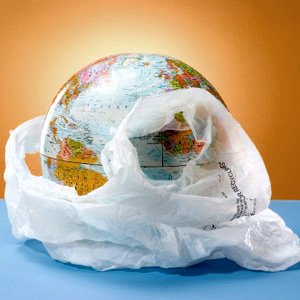Researchers in the US have been investigating the final journeys taken by disposable contact lenses. They found 15-20% of US users simply flick these fiddly lenses down the drain via the bathroom sink or toilet. The Arizona State University study suggests that much of the plastic material then ends up in waste water treatment plants. The lenses are consequently spread on farmland as sewage sludge, increasing plastic pollution in the environment. Around 45m people wear contacts in the US, while rates in other countries
In recent years, the concept of extended producer responsibility (EPR) has caught on, first in Europe in the 1990s and since then in the rest of the world, including the U.S. The concept is relatively simple: Companies that make consumer goods are given responsibility for managing their products and packaging at their end of life. The concept, as the Journal of Cleaner Production points out, is to turn what was formerly waste “into the ‘food’ for industry and the next
And they make the ultimate addition to your weekend beverage. With each and every one of the beverage industry’s latest developments—think frosé, anti-aging pink gin and rosé cider—sending millennials into a frenzy, it’s no surprise that one of the largest producers of your favourite spirits has surfaced with its very own must-have product. Alcoholic beverages company Diageo (the parent company of Gordon’s Gin and Schweppes) has introduced a range of edible straws that each serve
‘The world doesn’t need a treaty on plastic waste reduction’ UNEP chief Erik Solheim, during his visit to India, the global host for World Environment Day, says unlike climate change, plastic waste can be tackled without treaties and targets By Banjot Kaur Erik Solheim, UNEP chief, talks to Down To Earth, hours before he was going to attend the main event in New Delhi with Prime Minister Narendra Modi. Credit: United Nations India is the global host for this year’s World Environment Day,
Plastic is an invention that turned into Frankenstein’s monster. Benefits of plastics are undeniable; they are economical, portable and durable. But this advantage (extended durability) has now become its greatest disadvantage. India generates about 15,000 tonnes of plastic waste per day and contributes to 8 per cent of the total solid waste generation. The problem, however, is not the quantity of waste generated, but the fact that only 60 per cent of it is processed and the remaining 6,000 tonnes of
It is high time that Producers of the Plastic Waste or any kind of Waste becomes responsible for the waste generation part of the product. India is very new to the concept of PRO i.e. Producer Responsibility Organization. PRO means the responsibility is till the end of the life cycle of the product i.e. Cradle to Grave Approach for the Product. PRO is a European concept which has been in European Nations close to 30 years. PRO’s task is to setup
The 2 Billion Dollar Snacks industry in India has come under the eyes of Maharashtra State Pollution Control Board. In order to meet new plastic norms, Snacks packets size is being reduced in after a Statewide ban on the sale of larger packets as it contributes to the Plastic Pollution. It is already being thought that the same shall be followed in rest of the states as well. Sustainable Packaging Solutions are need of the hour in order to reduce,
We use close to 10 million straws a day all made of plastics. Another figure puts 500 million Straws are used alone in USA every day. A single restaurant chain uses close to 900,000 straws every day in Australia. More than half of it enters oceans and landfills. Going by the numbers, Walt Disney like other major giants i.e Starbucks have decided to ban straws from their restaurants in all the locations across the world. Plastic Straws create havoc and
Plastic, plastic everywhere and not a single solution in the Sight. Mankind has benefitted from the use of plastics in the last century on a very vast scale. But the Problem with plastic has taken a significant turn since the decade of 90s. The problem with Plastic is its long-lasting life making it impossible to biodegrade in normal biodegradable environments and it ends up in landfills and waterways clogging the pores and arteries of the sewerage systems and microplastics clogging the
Ever thought, ever wondered, the wonder material that was worshipped by people when it was introduced, what were the reasons? Plastic was invented by John W Hyatt in 1869 and in the last 150 years numerous varieties of LLDPE (Linear Low Density Poly Ethylene), HDPE ( High Density Poly Ethylene), LDPE ( Low Density Poly Ethylene) , PE ( Polyethylene), PP ( Polypropylene), PVC ( Poly Vinyl Chloride ) and various other polymers have been invented and produced by the


